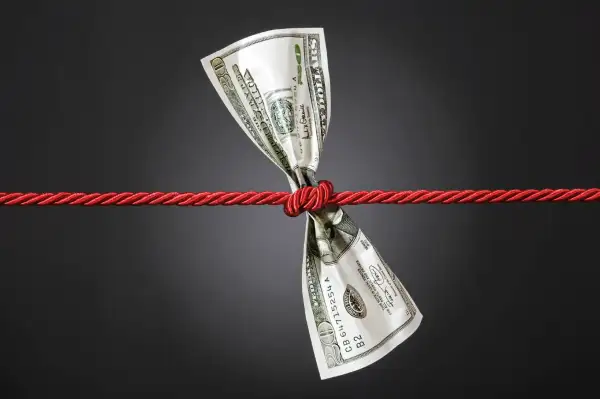What Money and Cocaine Have in Common in Your Brain

The effect of money on your brain is similar to that of cocaine, says Kabir Sehgal, author of the book Coined. In the book, he examines the neurological effects of money, and how this could eventually be used to predict stock markets.
Neuroeconomists (scientists who research how the brain is affected by money) have performed several brain scans on individuals who were about to make money, and the results were staggering, says Sehgal. The studies show that these people had the same neurological response to making money in their "pleasure centers" as someone who was high on cocaine.
Through the use of brain scans, neuroeconomists already have the ability to recognize likes and dislikes. This leads some to believe that in the coming decades, it will be possible to predict the highs and lows of the stock market based on these scans. A number of hedge funds, says Sehgal, are already hiring traders based on their brain scans. The goal of these scans is to hire someone that is not a financial risk taker.